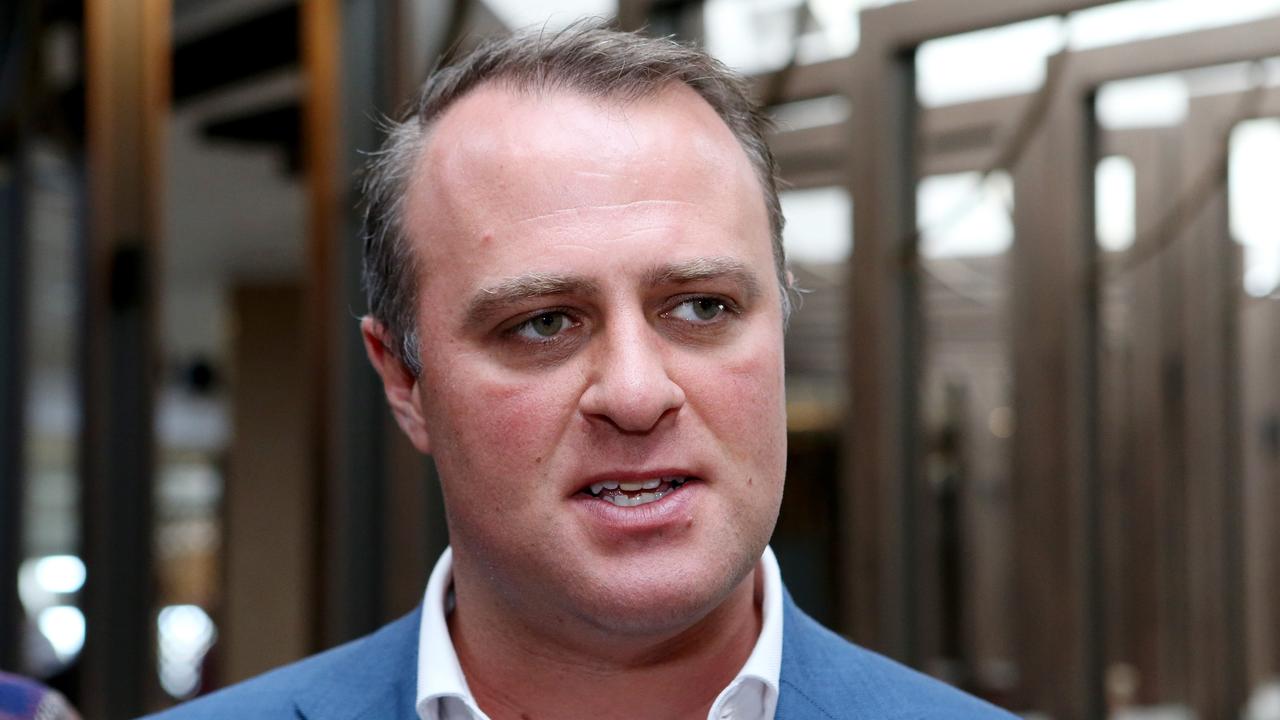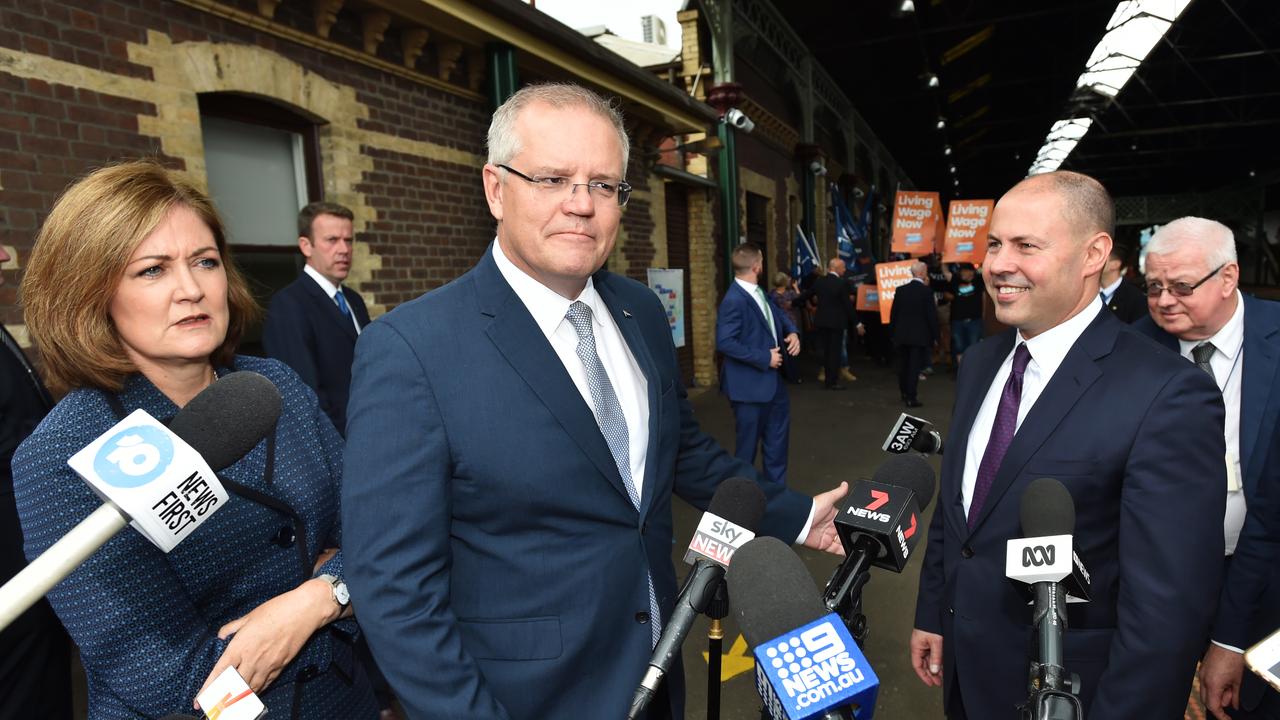Flat wages cast doubt on budget forecasts
Budget forecasts have been undercut by another quarter of wage stagnation and softening consumer confidence.

Budget forecasts of a revival in wage growth and household spending have been undercut by another quarter of wage stagnation and softening consumer confidence.
Consumers are generally positive about the impact of the budget on the economy, but the latest Melbourne Institute-Westpac consumer survey shows a large majority say their finances are in a worse state than they were a year ago, as income growth barely matches rising living costs.
The official wage price index shows incomes across the nation rose 0.5 per cent over the first three months of the year — the same slow rate as over the previous three months, leaving the crucial annual measure of private sector wage growth at 1.9 per cent.
Economist Saul Eslake said the data cast doubt on budget forecasts. He noted that wage growth was higher at 2.7 per cent when bonuses, more common in higher-paid financial services and professional sectors, were factored in. “But apart from that there is absolutely no sign of any acceleration in wages growth,” Mr Eslake said.
Last week’s budget predicted recoveries in wage growth and consumption would power an earlier return to surplus in 2019-20. “While wage growth remains subdued, it is expected to strengthen as growth in the economy picks up to an above-potential pace and spare capacity in the labour market is absorbed,” the budget papers said.

The budget anticipates wage growth rising to 2.25 per cent this financial year, which would require the quarterly rate of growth to surge to more than 0.7 per cent — a level not seen for four years — over the final three months of 2017-18. Wage growth is then expected to rise to 3.25 per cent by financial year 2020.
Reserve Bank deputy governor Guy Debelle commented this week that wage growth could remain stuck at about 2 per cent for longer than people anticipated.
The Australian dollar fell more than a quarter of a US cent yesterday to US74.5c, as prospects of higher interest rates faded.
Economist Sarah Hunger from BIS Oxford Economics said: “The RBA have repeatedly signalled that they need to see wage and price inflation well-established before they raise rates.
“We currently expect the first rate hike to be in the December quarter 2019, but there is now a risk that it will be 2020 before we see lift off.”
The median expectation of 21 financial market economists was for a rise of 0.6 per cent in March, reflecting the expectation improving wages growth would spur the Reserve Bank to lift the cash rate from record lows later this year.
Opposition Treasury spokesman Chris Bowen said it would now be difficult for the projections in last week’s budget to be met. “The projections for budget surpluses are pretty dependent on the wages forecast,” he said.
The Westpac survey showed consumers reacted positively to the budget, with those asked about the outlook in the three days afterwards more optimistic than those asked in the two days before it. However, the stronger result reflected views about the outlook for the economy rather than personal finances.
Westpac chief economist Bill Evans said: “This result indicates that respondents expect tax cuts to be positive for the economy overall but have limited significance for their own financial position.”
The overall consumer index dropped 0.6 points to 101.8 after a similar drop the previous month, with 100 marking equal numbers of optimists and pessimists.




To join the conversation, please log in. Don't have an account? Register
Join the conversation, you are commenting as Logout